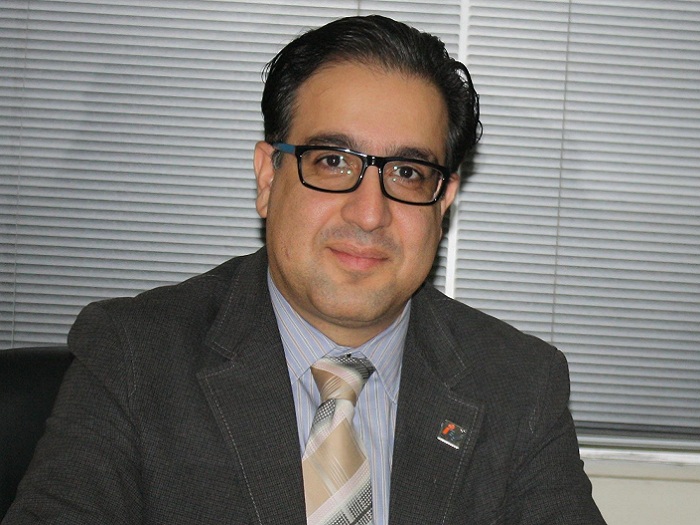The impact of engineering on mining development

The importance of mining engineering in mines is not hidden from anyone; From the discovery of the country's mineral potential to scientific exploitation with minimal side effects. According to some experts in this field, one of the reasons for the lack of exploration in the country is the almost inappropriate employment of the country's mining engineers, who have had a weak position in the mining sector over the years.
According to the International Iranian Stone Exhibition, today the country's mining sector is unfortunately facing many basic problems. Among these problems, we can mention the presence of non-specialists in different parts of the mine, especially in the managerial position. It seems that as long as political and non-professional managers are in charge of most of the country's mining activities, mining engineering and engineering view of mining industries do not have a decisive place in the equations of this field and the country's mineral development in all aspects including exploration and extraction Will not take. In a way, it can be said that, unfortunately, the political exploitation of mines, such as the use of managers unrelated to the country's mining sector, has to some extent grounded mining engineering, as well as mining advances.
The importance of mining engineering in mines is not hidden from anyone; From the discovery of the country's mineral potential to scientific exploitation with minimal side effects. According to some experts in this field, one of the reasons for the lack of exploration in the country is the almost inappropriate employment of the country's mining engineers, who have had a weak position in the mining sector over the years.
Graduates of mining engineering can face a relatively good labor market due to the large mineral capacity in the country, but non-specialist choices, especially at management levels, have led to unemployment, incentive and even migration of many of them; It is possible that in the midst of these occasional unwanted migrations, we have lost many first-class mining engineers and carbald specialists, and that these important human resources have been diminished from the country's treasury.
Undoubtedly, the continuation of this practice as a wrong way in employing people in the mining sector can lead to a serious reduction in demand for study in mining engineering. The country continues to face a shortage of mining engineers and specialists, which will have worse consequences for the mining sector.
If we want to talk about the role of the university and basic education in the mining sector, we can not say anything promising. The university's relationship with the mine can be likened to a forced marriage in which the parties spend only days under one roof but without constructive interaction. This means that most students are forced to continue mining engineering due to obtaining a degree and the lack of relevant and appropriate work adds to their lack of interest and as a result most of these students do not continue mining engineering at higher levels.
The state of education and the subjects taught at the university are good, but unfortunately most of the mining engineers who are just graduating do not have the skills needed in the job market and need a lot of in-service training. Therefore, we can not expect the mining engineers of the country to be able to create significant value in the global market and competition until there is a necessary and sufficient similarity between university courses and applied education. Also, the lack of practical work in universities and the lack of a suitable environment for students to gain experience, has caused many problems in the country during these years.
This is because if miners and mining activists intend to employ students, they will give up due to the lack of experience of students, because the mining sector of the country is a sensitive sector and trial and error in it may lead to irreparable damage. In such circumstances, only the personal projects of university professors in relation to mines are the most important and most trace that can be seen in practice from the university and the academic sector to the mining sector of the country, which despite the country's scientific capacity, will not be a desirable achievement.
On the other hand, it is worth mentioning that the country's universities need adequate financial resources to engage experienced students and nurture them for professional work. According to university experts, to interact with miners, hold more specialized courses, as well as marketing and participate in mining tenders to receive mining projects and related industries, do not have the necessary professional structure and budget, and as a result, often contribute to large projects in the country. Do not have. Similarly, by removing the university and the science of mining engineering from the mines and mining industries, we will see the ineffectiveness of mining engineering in the development of the country.
Hooman Khajeh Nasiri - Market Development Consultant in the field of mineral industries - Samat










